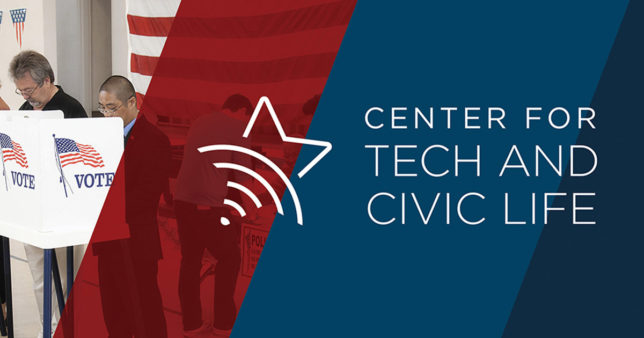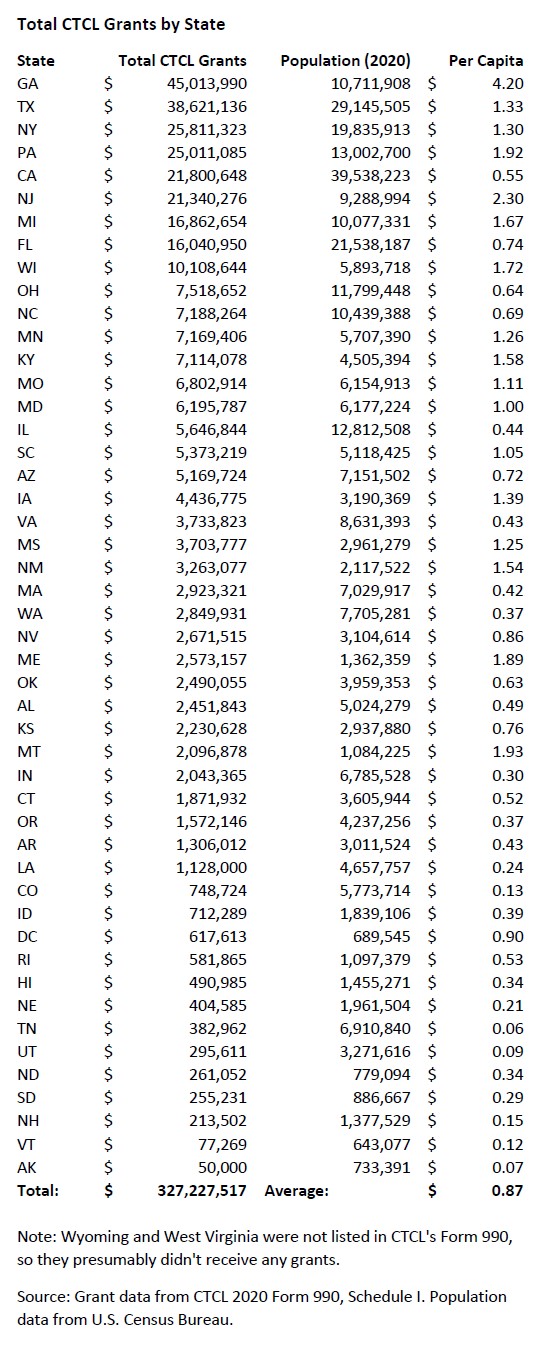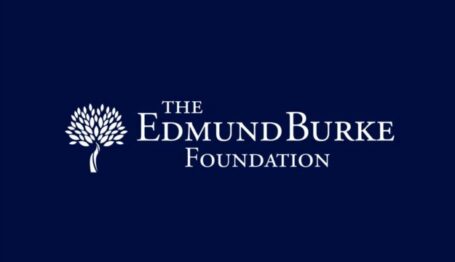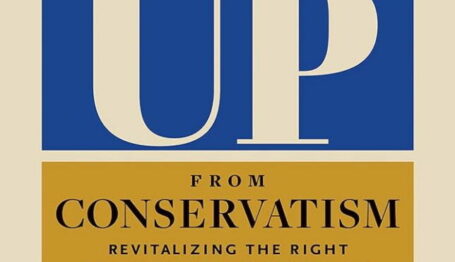Special Report
Which States Did CTCL Flood with “Zuck Bucks”?


As part of CRC’s cutting-edge investigation into how Mark Zuckerberg and the Center for Tech and Civic Life (CTCL) influenced the 2020 election, we’ve mapped out nearly $325 million in “Zuck bucks” flowing to 47 states and the District of Columbia.
We’ve taken a microscope to CTCL’s grants in the nine battleground states. CRC originally covered the grants in 2021 and traced the money flow through the Silicon Valley Community Foundation, a notorious pass-through for left-wing billionaires to political causes.
That groundbreaking coverage was the basis of the Wall Street Journal Editorial Board’s condemnation of Zuck bucks, which calls on lawmakers to ban private funding of elections.
While analyzing all 48 states as we’ve done elsewhere is too mammoth a task to perform in such close detail, we will continue to update this article as new information emerges.
The Flow of Zuck Bucks
Editor’s Note 1/31/2022: Updated grant totals for MI and WI. MI moved up one rank, above FL. WI’s rank remained unchanged.
Discrepancies Emerge
A large number of discrepancies emerged while combing through CTCL’s latest financial disclosures.
We’re quite familiar with the reality that organizations make clerical errors, particularly when Form 990 reports grow to many hundreds of pages. We also recognize that 2020 was the first year in which CTCL reported grants. Recall that, prior to Zuckerberg’s six-figure infusion, this sleepy Chicago nonprofit never exceeded $3.4 million in revenues. The Zuckerberg donation boosted CTCL’s revenues by over 10,000 percent.
Yet the original Form 990 report that CTCL released in December 2021 failed to include hundreds of $5,000 grants—the minimum grant CTCL offered in 2020—meaning roughly $6 million went unaccounted for on CTCL’s official public disclosures. To its credit, CTCL has since (quietly) released an updated Form 990 that includes these $5,000 grants.
Yet even with this updated version, numerous discrepancies with data acquired elsewhere—largely from local election offices and CTCL’s own preliminary grants list—cast further doubt on this supposedly transparent nonprofit’s accountability to the American public.
The bottom line is, if CTCL cannot be trusted to reliably report information on how it conducted its tax-exempt activities, then it has no business making bold claims about making 2020 “the most secure election in U.S. history.”
- CTCL’s latest Form 990 disclosure reports paying out $332,090,025 in grants. However, its grants add up to only $330,671,592. What happened to the other $1.4 million?
- Many CTCL grants were mislabeled. One $10,000 grant to Washington County, Illinois, for example, was addressed to Washington County, Indiana. Additionally, CTCL reported making three separate grants to Lincoln County Georgia, almost certainly an error in its disclosures.
- Some states have large disagreements between the grants reported in CTCL’s preliminary list and what its Form 990 reports. The group initially reported making 116 grants to Texas counties, yet its disclosures list only 83 counties, a sizeable difference. Yet CTCL’s Form 990 reports spending $38.6 million in Texas grants—higher than our initial estimate of $35.2 million. Did more money go to fewer places than CTCL originally reported?
- In North Carolina, we discovered a $1 million grant to the secretary of state, which CTCL’s disclosures reveal was actually $4.3 Was that figure adjusted upward, and if so, why? How was it spent?
- Speaking of North Carolina, we originally noted a $1 million CTCL grant to Wake County (per this draft agreement), which doesn’t appear in CTCL’s disclosures. Was the deal axed? Did the money come through the secretary of state? Or did CTCL simply drop the ball in its reporting?
Appendix




